
This logo isn't an ad or affiliate link. It's an organization that shares in our mission, and empowered the authors to share their insights in Byte form.
Rumie vets Bytes for compliance with our
Standards.
The organization is responsible for the completeness and reliability of the content.
Learn more
about how Rumie works with partners.
Have you thought about starting to learnsomething new or even continuing formal education, but are not sure how?
Maybe you would like to learn something more informally orstudy a course part-time.
Maybe you would like tolearn toplay a musical instrument, but in your own time without too much pressure.
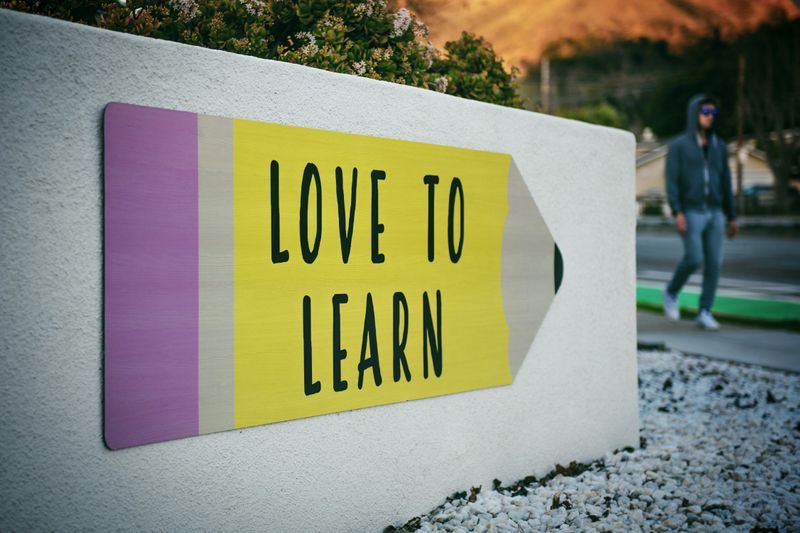 Photo by Tim Mossholder on Unsplash
Photo by Tim Mossholder on UnsplashAdopting the mentality of a lifelong learner is great for personal growth. Lifelong learning can help develop problem-solving, creativity, and critical thinking.
What is lifelong learning?
Lifelong learning is a form of self-initiated education that is focused on personal development.
It's the continuous search for knowledge while pursuing personal or professional development throughout your life.
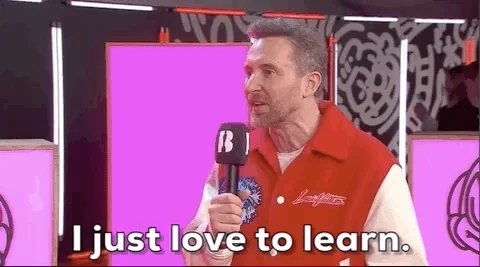
It includes all forms of learning, such as formal education at university, and informal learning from everyday activities, experiences, and interactions. Lifelong learning can start at any age and have any purpose.
Examples of lifelong learning
Here are some ideas of what you could start learning:
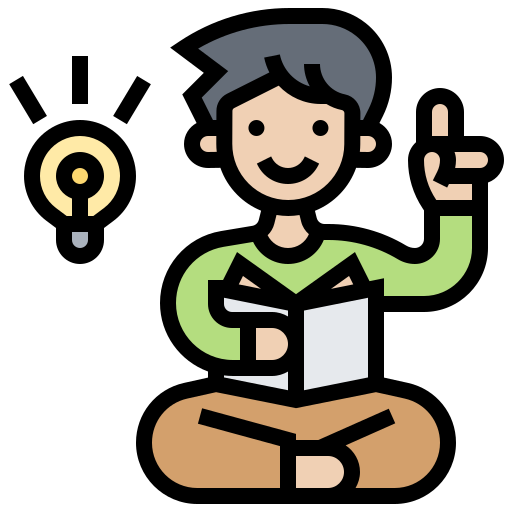
Learning a new skill
Learn programming languages: Learn Python, Java, or C++ with online courses, coding boot camps, or self-study through books and tutorials.
Carpentry: Enroll in local community classes.
Learn a new language: take formal classes, or use apps like Duolingo.
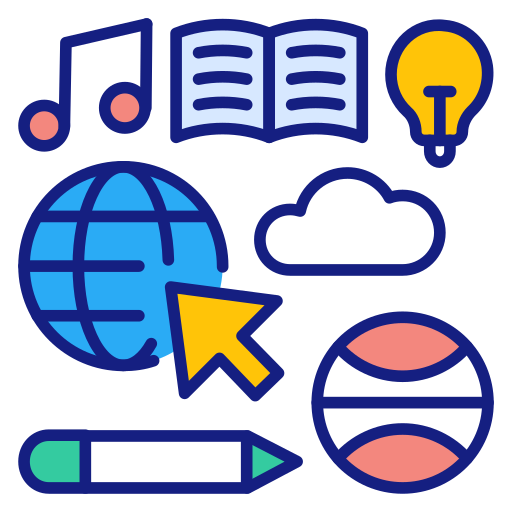
Learning a new activity
A new sport: join a local team or watch skills videos on YouTube.
Singing in a choir: participate in a local community choir.
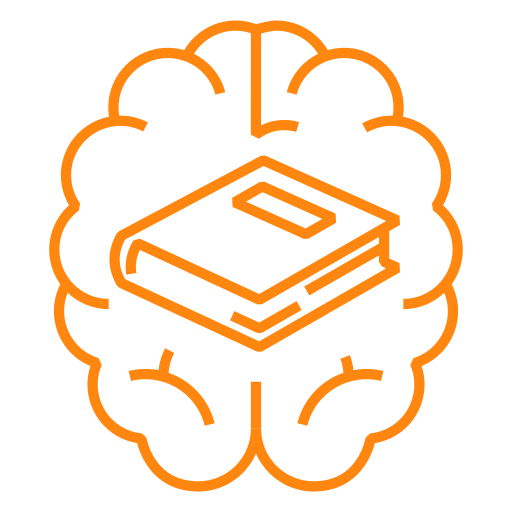
Learning to learn
Read: Expand your knowledge by reading more or joining book clubs.
Podcasts: Subscribe to podcasts on topics of interest.
Why is lifelong learning important?
Lifelong learning has many benefits. It can help you gain motivation and inspire you to take more control of your life, as opposed to the daily tasks we all have to do each day, like work or maintaining the house.

Learning something new can lead to new avenues of interest. You may start to learn astronomy and decide that the math element is what interests you and you decide to explore that more.
Most importantly, it can improve your self-confidence in both your personal and professional life.
Be curious and cultivate curiosity
Try to develop the habit of asking questions and wanting to know new things. Being curious can help you be motivated to learn more and explore different topics.

You could create a curiosity journal where you write down your questions, observations, and new learning experiences daily.
Follow your interests and pursue hobbies and activities that naturally interest you. Use online courses, such as Massive Open Online Courses (MOOCs), podcasts, and other digital tools to find new learning resources.
Participate in forums and discussion groups on platforms like Reddit, Discord, or specialized online communities.
Find the right learning habits for you
Developing good learning habits is important to help maintain your pursuit of lifelong learning.
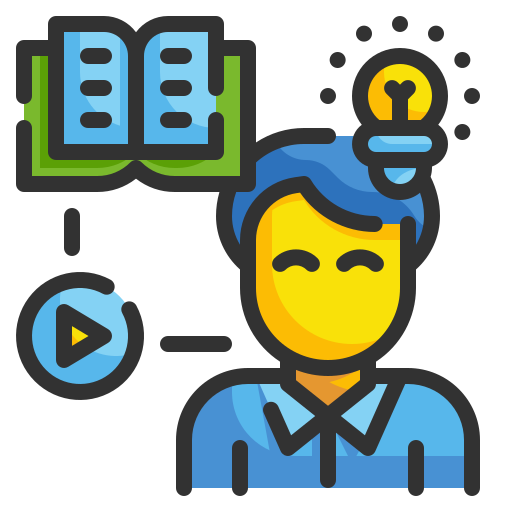 Here are some ideas:
Here are some ideas:
Surround yourself with other learners by forming a study group.
Learn things you have a genuine interest in.
Use digital tools to organize and manage your time.
Choose consistency over intensity — small, frequent learning sessions are most effective.
Recognize your achievements by rewarding yourself.
Set goals and stay organized
Specific: simple, sensible, significant
Measurable: meaningful, motivating
Achievable: agreed, attainable
Relevant: reasonable, realistic
Time-bound: time/cost limited

Think about:
Are my goals realistic? Learning to speak fluent Spanish in 3 months is unrealistic.
How often do I want to study? 1 hour a day? 30 minutes?
Plan your learning by using apps like Google Calendar or Office Calendar to maintain focus.
Keep notes to review to help you reinforce what you've learned.
Above all, be consistent!
Quiz
David wants to start learning guitar. He has never played before and wants to set goals. Which goals are realistic?
Trying to play every day for 8 hours or being virtuoso in 3 weeks is unrealistic.
Take Action

Now it's your turn to embrace lifelong learning!
This Byte has been authored by
Stuart Brown
English Teacher
PGCE